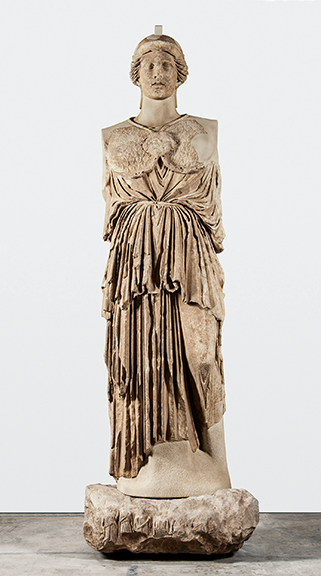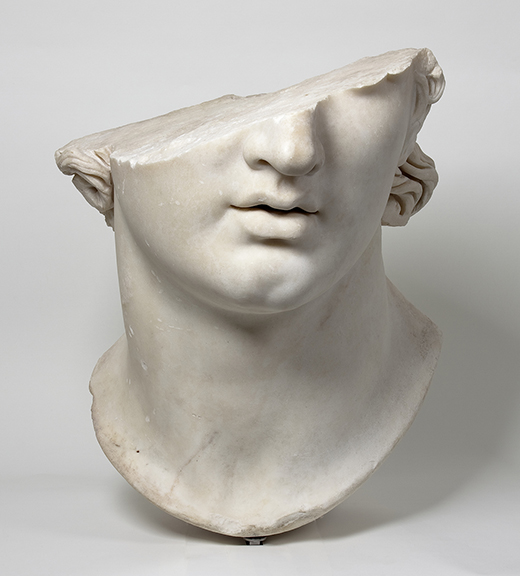In WAG’s June “Celebrating the Globe” issue, I wrote http://www.wagmag.com/greek-to-me/ about my passion – OK, some would say my obsession – with all things ancient Greek, particularly Alexander the Great, the Greco-Macedonian king whose conquest of the Persian Empire in 331 B.C. when he was in his mid-20s would lead to the dissemination of Greek culture in the East, underscoring a cultural cross-pollination and political tension that are still with us today.
Recently, The Metropolitan Museum of Art in Manhattan explored these themes in its blockbuster exhibit “Pergamon and the Hellenistic Kingdoms of the Ancient World,” which I wrote about in our June issue http://www.wagmag.com/met-opens-pergamon-unprecedented-hellenistic-show/ and which featured a kind of greatest hits of the Hellenistic (post-classical Greek) world.
I’m overjoyed to report that two of these treasures will remain on view at The Met for two more years as Berlin’s Pergamon Museum – named for the ancient Hellenistic city, now Bergama, Turkey – continues its renovations. The works are a marble “Fragmentary Colossal Head of a Youth,” now thought to bear the sensuous features of Alexander; and a 12-foot marble adaptation of the famed 40-foot ivory and gold statue of Athena by Pheidias that stood in the Parthenon in Athens.
Athena will command The Great Hall, where she’ll have the company of another Berlin loan, an ancient Egyptian statue claimed by several pharaohs, dating to Dynasty 12. Alexander will grace The Robert and Renée Belfer Court.
“‘Pergamon and the Hellenistic Kingdoms of the Ancient World’ has been an extraordinary experience for our visitors, and we are thrilled that two breathtaking works of art from the exhibition will remain at The Met for another two years, thanks to the generosity of our colleagues at the Pergamon Museum,” says Thomas P. Campbell, The Met’s director and CEO and a Westchester County resident. “They will provide a stunning welcome to the museum and to our Greek and Roman Galleries.”
It’s fitting that Alexander – who turned 2,372 yesterday, July 20 – and Athena should be staying on together. The man who was perhaps the greatest field commander in history and one of culture’s most influential figures was particularly devoted to the goddess of wisdom and war in a just cause, dedicating his armor and a temple to her when he crossed the Hellespont into Asia at the beginning of his Persian campaign. Her image often appears on the reverse side of coins bearing his distinctive likeness.
Who knows? Maybe the goddess and the conqueror will visit with each other during nights at the museum. – Georgette Gouveia


